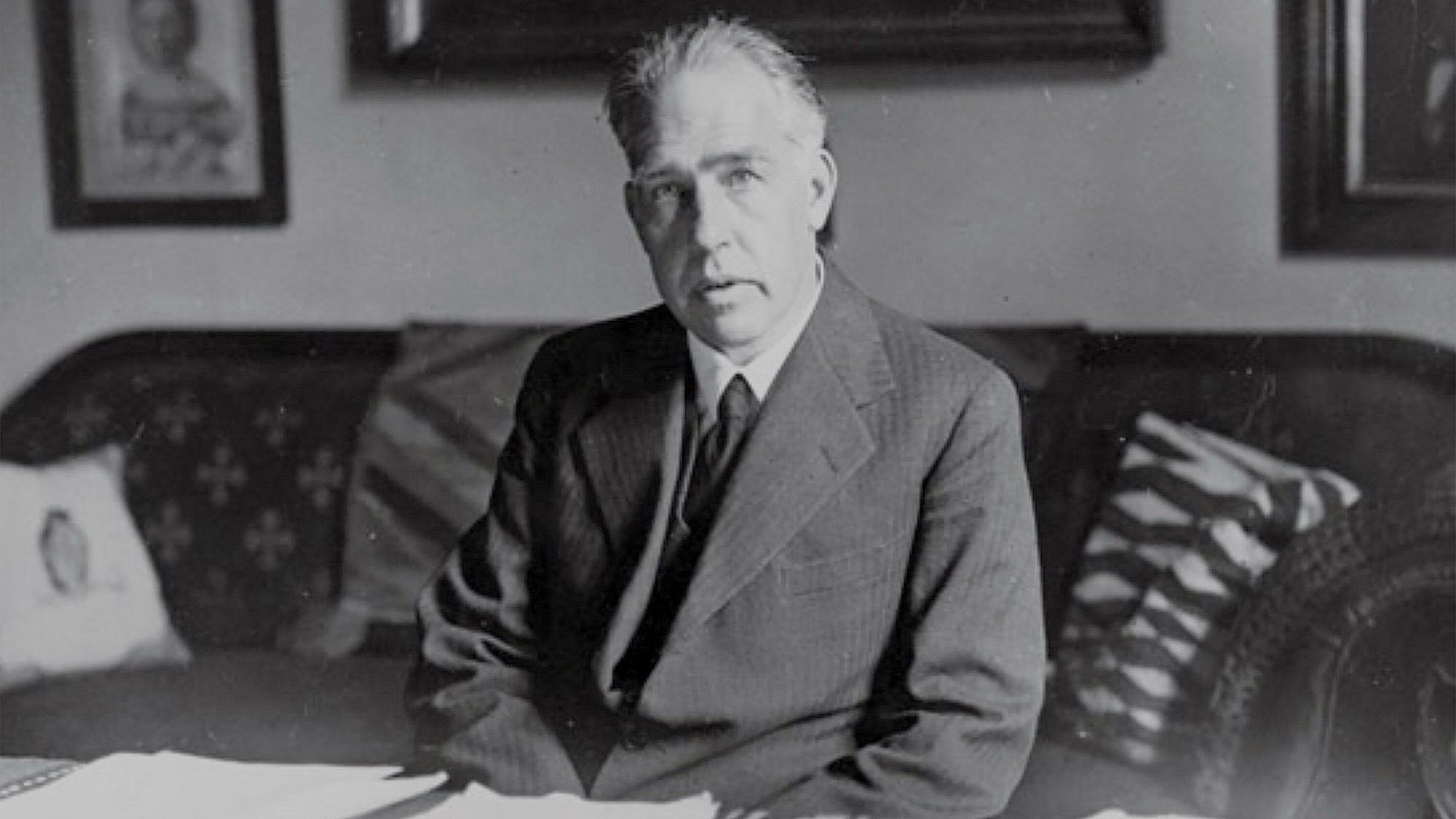The concept of mentoring is integral to faith in Christ. We are encouraged to initiate mentoring relationships to grow and flourish in faith and followship to Jesus. The Apostle Paul instructs his protégé Timothy, “The things which you have heard from me in the presence of many witnesses, entrust these to faithful men who will be able to teach others also” (2 Timothy 2:2). The idea of learning from someone more experienced than you, and then living that out by passing it on to the next generation, is the crux of mentoring. Having a mentor will greatly enhance your life and leadership. So, where can you find a good mentor?
Think family first. If you have a good relationship with your parents, consider your mom or dad as a mentor. Parents often have extensive experience in life and work that they can pass down to you. And they know you well from raising you from childhood. There is also often a trust and openness in the parent-child relationship that makes giving and receiving advice easier. An aunt, uncle, brother, sister or grandparent can also make a great mentor.
With a family member you have a built-in connection. They aren’t strangers. You won’t have to ask each other about your backgrounds or family experiences—you’ll already have much of that in common. Consider too that when being mentored you will often have core values resurface from your childhood. In 1 Peter 5:1-5, we see the idea of our elders being mentors to others: “So I exhort the elders among you, as a fellow elder and a witness of the sufferings of Christ, as well as a partaker in the glory that is going to be revealed: shepherd the flock of God that is among you, exercising oversight, not under compulsion, but willingly, as God would have you; not for shameful gain, but eagerly; not domineering over those in your charge, but being examples to the flock. And when the chief Shepherd appears, you will receive the unfading crown of glory. Likewise, you who are younger, be subject to the elders. Clothe yourselves, all of you, with humility toward one another, for ‘God opposes the proud but gives grace to the humble.’”
Look for faithful men. You likely know people in your sphere of influence who you might call steadfast or faithful. They are loyal. They keep their word and are dutiful in their work and home life. They are conscientious with their actions and words. They may not be in a senior leadership role or prominent in their social circle. But these men make excellent mentors, because they will take the opportunity seriously. 2 Timothy 2:2 reminds us, “And what you have heard from me in the presence of many witnesses entrust to faithful men, who will be able to teach others also.” Among the lessons from these verses is that when you want information to be taught well, you hand it to faithful men.
Invest before initiating. Avoid the idea of just hiring a coach or business mentor. There are many individuals and firms that specialize in leadership development and coaching. Though there are excellent resources available for hire, the most important aspect of mentoring—the relationship—will be missed if you try to shortcut the building of a genuine friendship. Getting to know your mentor first as a friend and fellow Christ-follower is the bridge to true mentoring. Honesty, accountability, spiritual counsel and wisdom, genuine concern for the person, all flow most easily from a Christ-centered foundation.
Paul comments in 1 Thessalonians 2:8, “So, affectionately longing for you, we were well pleased to impart to you not only the gospel of God, but also our own lives, because you had become dear to us.” In other words, the gospel was of first importance, but those relationships quickly grew and deepened because the people had become dear friends. The affectionate longing spoken of here is an abiding love for people, where the elder Paul’s desire is for their very best, personally and spiritually. You will not realize the full fruit of a mentor without this deep and abiding love—and that comes from time invested in growing together as friends.




























What will you do of significance with the 80-or-so years you have? When we’re young we have all the time in the world. And once we realize that isn’t true, we never have enough left to do anything with it.